Overview
This template provides a production‑ready etcd cluster as a Monk runnable. You can:- Run it directly to get a managed etcd 3-node cluster with sensible defaults
- Inherit it in your own runnable to seamlessly add a distributed key-value store to your infrastructure
What this template manages
- 3-node etcd cluster (high availability)
- Network services on configurable ports
- Persistent volumes for data storage
- Cluster coordination and consensus using Raft algorithm
Quick start (run directly)
- Load templates
- Run etcd cluster with defaults
- Customize configuration (recommended via inheritance)
variables. For production deployments, we recommend inheriting the template and customizing variables as shown in the next section.
Once started, the etcd cluster will be available on the configured ports (default: 2391, 2392, 2393).
Configuration
Key variables you can customize in this template (instack.yml):
${monk-volume-path}/etcd on each node. Internal cluster communication uses port 2380 for peer-to-peer connectivity.
Stack components
The etcd stack includes the following runnables:etcd/etcd1- First etcd cluster node (client port 2391, peer port 2380)etcd/etcd2- Second etcd cluster node (client port 2392, peer port 2380)etcd/etcd3- Third etcd cluster node (client port 2393, peer port 2380)
Use by inheritance (recommended for apps)
Inherit the etcd cluster in your application and declare a connection. Example:Ports and connectivity
- Client Communication:
- etcd node 1: TCP port
2391(configurable viamonk_etcd1_port) - etcd node 2: TCP port
2392(configurable viamonk_etcd2_port) - etcd node 3: TCP port
2393(configurable viamonk_etcd3_port)
- etcd node 1: TCP port
- Cluster Communication:
- Internal peer-to-peer: TCP port
2380(fixed)
- Internal peer-to-peer: TCP port
- From other runnables in the same process group, use
connection-hostname("\<connection-name>")to resolve the etcd cluster endpoint.
Persistence and data storage
- Data path:
${monk-volume-path}/etcd-X:/etcd-data(where X is 1, 2, or 3 for each node) - Each node maintains its own data directory for the Raft log and snapshots
- Data persists across container restarts
- Ensure sufficient disk space for your use case (etcd stores all data in memory and on disk)
Features
- Distributed Consensus: Uses Raft consensus algorithm for strong consistency
- High Availability: 3-node cluster tolerates one node failure
- Watch API: Monitor key changes in real-time
- TTL Keys: Automatic key expiration
- Secure: TLS client cert authentication and RBAC support
- Fast: Benchmark up to 10,000 writes per second
- Transactional: Multi-key transactions with if/then/else semantics
Use cases
etcd is ideal for:- Service discovery and configuration: Store service endpoints and app config
- Distributed locking: Coordinate access to shared resources
- Leader election: Ensure only one leader in distributed systems
- Cluster coordination: Synchronize distributed workloads
- Configuration management: Used by Kubernetes for cluster state
- Metadata storage: Store cluster and application metadata
Related templates
- See other templates in this repository for complementary services
- Combine with monitoring tools (
prometheus-grafana/) for observability - Integrate with your application stack for service discovery and configuration
- Use with container orchestration systems for state management
Troubleshooting
- Cluster won’t form: Ensure all three nodes can communicate on port 2380. Check firewall rules and network connectivity.
- Port conflicts: Verify that ports 2391, 2392, 2393, and 2380 are not in use by other services.
- Performance issues: Disable debug mode (
monk_etcd_debug: "0") and ensure sufficient disk I/O performance. - Split brain: etcd requires a quorum (2 out of 3 nodes). If two nodes fail, the cluster becomes read-only.

